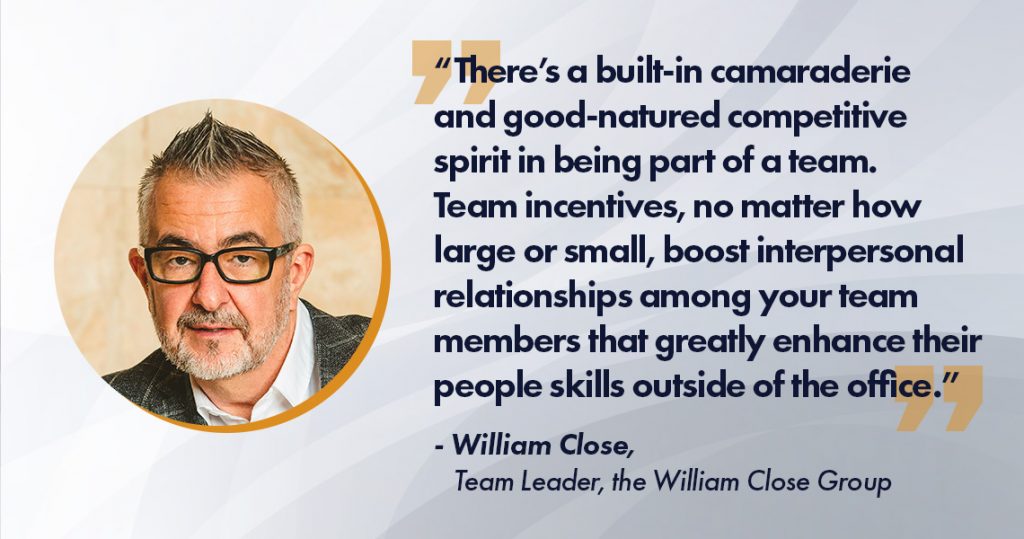Setting clear-cut expectations for each member of the team gives them greater clarity, more efficient daily behaviors and, ultimately, better sales numbers.
“When you lack clear expectations, team members end up creating their own set of work behaviors that may or may not be in sync with what you expect of them,” says real estate coach and team consultant Sherri Johnson. “It’s easy, for example, for a leader to assume that agents know it’s time to work from the office rather than at home. But if it was not stated at the front end of the hiring process, it may become an issue. Agents who prefer to work from home are not benefitting from workplace synergy and, sadly, may not produce as well.”
It is never too late to make needed changes and get everyone on track, Johnson says. But conversations become harder to have when you wait too long to have them. She offers seven effective strategies for communicating your expectations and getting the highest performance from your team:
- Have a written team member agreement that spells out all your expectations for each agent, from commission plan payouts to how to conduct an open house in a team listing. Include the details and have it signed.
- Communicate clearly what the hours of work time are and where the job is to be done.
- Outline in the team member agreement the daily, weekly and monthly expectations for the number of calls made, number of listings and number of sales made.
- Use a weekly one-on-one check list with each agent that includes tracking and measuring their prospecting calls, appointments, conversions, and listing and sales activity.
- Share goals and results and hold agents accountable at a weekly team meeting, where everyone is required to attend and hear the same messages.
- Set required in-office hours and call days/events in which everyone is expected to participate.
- Regularly review expectations and minimum production standards and address any performance issues in a timely manner to ensure that expectations are upheld and everyone is in position to succeed.
Not keeping current or putting off needed conversations can leave your agents running around and doing their own thing to the detriment of the entire team.

When it comes to incentivizing and motivating a team, Johnson points out that major organizations use all kinds of sales incentives to get associates excited and competitive and drive them to peak performance. While most real estate companies and teams do not often employ such incentives, they can create amazing results using many of the same tactics:
- Hold listing contests. Create a monthly or six- or eight-week listing contest to get your team focused on setting listing appointments and increasing listing inventory. Help direct their efforts by having in-office coaching and training sessions on how to generate listing appointments, how to price properly and close. Prizes can range from cash to a tech tool or marketing resource that will help them improve their business. Get them excited, and watch your listing inventory and sales increase.
- Have a team goal contest for listings and sales. Everyone wins when there are more listings and sales. Initiate a team contest designed to reach mutually shared team goals. Share listings and sales during daily or weekly huddles and make the prize for reaching the goal a spa day or a night out for the team. Contests like these can go a long way toward building a culture of teamwork, respect and loyalty.
- Provide a team incentive trip. Offering a trip to a popular location can result in a home run for your agents, who will work hard to reach the goal. The key is to create qualifications so that agents increase their income enough to cover the cost while also increasing marketshare and revenue. Create tiered qualifications with the first level covering a stay at an all-inclusive resort, the next level including airfare and the next including a one-plus guest. Since everyone takes the trip together, the added benefit is team bonding and reinforcement of culture.
“There’s a built-in camaraderie and good-natured competitive spirit in being part of a team,” says William Close, leader of the 55-agent William Close Group serving the tri-state District of Columbia area. “Team incentives, no matter how large or small, boost interpersonal relationships among your team members that greatly enhance their people skills outside of the office.”



